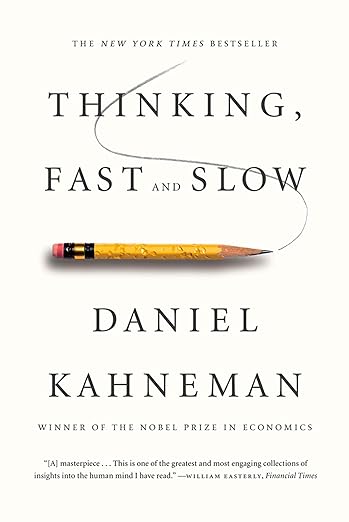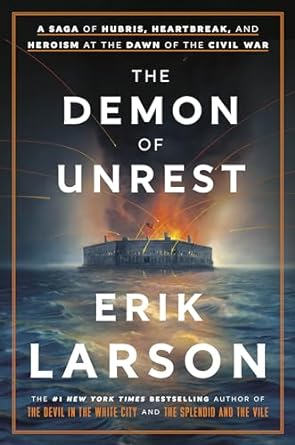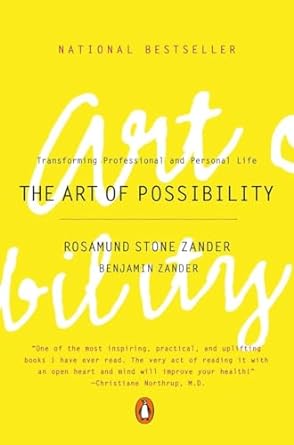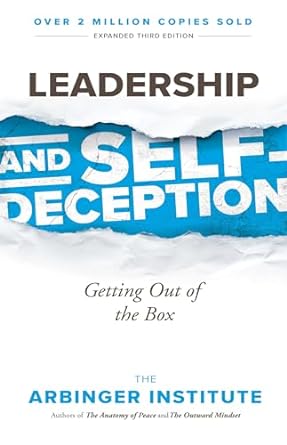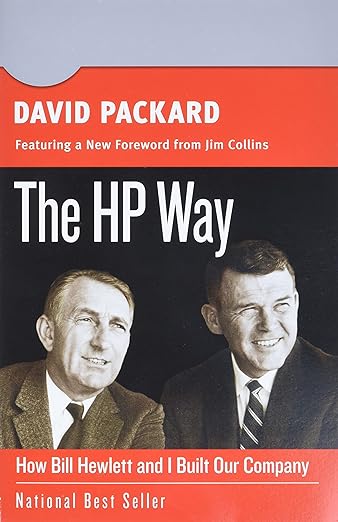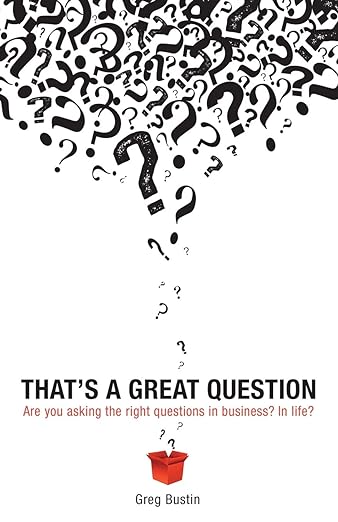
Summer Reading for Leaders
Published in Accountability, LeadershipIf Ever There Was a Time to Slow Down and Re-Calibrate It’s Now
Every summer since 2017 I’ve shared reading recommendations because leaders are readers. Here are my picks for the Summer of 2024.
Perhaps the most important questions in business, economics and life are how we make decisions under conditions of uncertainty. Psychologist Daniel Kahneman (who died in March at the age of 90) received the Nobel Prize in economics for his work exploring the systematic and unconscious biases we bring to decision-making. “Thinking fast” is impulsive and intuitive and was essential when quick decisions were required to elude predators. “Thinking slow” is the reasoning part of the mind that requires time and effort. Some of us are better at this type of thinking than others, and this book explains why that is so.
Erik Larson most recently examined Churchill’s first year as Prime Minister in the early days of World War II and now focuses on the chaotic months between Lincoln’s election as President and the shelling of Fort Sumter that triggered the American Civil War. Many Southerners wanted Lincoln dead, but Lincoln believed, “we are not enemies, but friends—we have sacred ties of affection which, though strained by passions, let us hope can never be broken.” At a time when political integrity, courage and leadership are in short supply, this book reminds us of those qualities—and the high costs of each.
I read this book before visiting the Anne Frank Museum in Amsterdam in May. The book provides a chilling look at what happens to people under enemy occupation when their lives are “threaded with fear.” The FBI-led cold case team ultimately identified the person who betrayed the Franks and four others hiding for nearly two years in the Secret Annex. What readers will experience more profoundly is how “ordinary people in an ordinary neighborhood” lived day after day with the terror of being hunted, discovered and shipped to a Nazi death camp by those around them. “Slowly but surely, human relationships had come under pressure and people had turned on one another.”
This little book deserves to be read again and again. The authors awaken “a universe of possibility” through twelve simple yet powerful practices that invite us to look at and appreciate the world—and ourselves—from new perspectives. In doing so, passion, potential and possibility are unleashed. One insightful gem among dozens that can change our view and interaction with others: “A cynic,” the authors believe, “is a passionate person who does not want to be disappointed again.”
“You have a problem,” this book says. “The people at work know it, your spouse knows it, your mother-in-law knows it. I’ll bet even your neighbors know it. The problem is that you don’t know it.” It’s impossible to spot self-deception. We choose to tell ourselves stories that don’t match facts. We choose to listen only to those who agree with us. And we choose to be wrong and happy instead of knowing the truth and being uncomfortable. Do people follow you because they’re obligated or because they’re inspired?
In the Foreword to this book,Good to Great author Jim Collins writes that Bill Hewlett and David Packard’s “greatest product was the Hewlett-Packard Company and their greatest idea was The HP Way.” Their 1937 vision to put culture before everything else might be taken for granted today, but was radical for the times, and the two founders’ success building a Fortune 500 company from a garage in Palo Alto proves that culture does indeed eat strategy for breakfast.
Every great achievement starts with a question. If questions wield such enormous power, why do our peak question-asking years top out around age four? With more than 2,000 questions in twenty categories plus dozens of tips for asking great questions (and avoiding asking bad ones), this book will give you the confidence to embrace the counterintuitive truth: when you overcome the urge to tell and instead ask a question, you put yourself in control by gently guiding the conversation.
Ready to reset?
Attend my free Accountability webinar: I Did It! to set and achieve your 2021 goals.
- February 17th from 11 AM – 12:30 PM Central Time
- My free webinar will help you:
– Sharpen your personal goals
– Improve time management
– Tackle tough work-related issues
– Support remote workers
Learn More
To dive even deeper into the topic of accountability, I invite you to purchase a copy of my bestselling book, “Accountability: The Key to Driving a High-Performance Culture.”
Become a better leader.
Download my three free e-books.
Free Tips
Sign up to receive free tips on business, leadership, and life.
Get My Latest Book
HOW LEADERS DECIDE
History has much to offer today’s current and aspiring leaders.
Business schools teach case studies. Hollywood blockbusters are inspired by true events.
Exceptional leaders are students of history. Decision-making comes with the territory.
